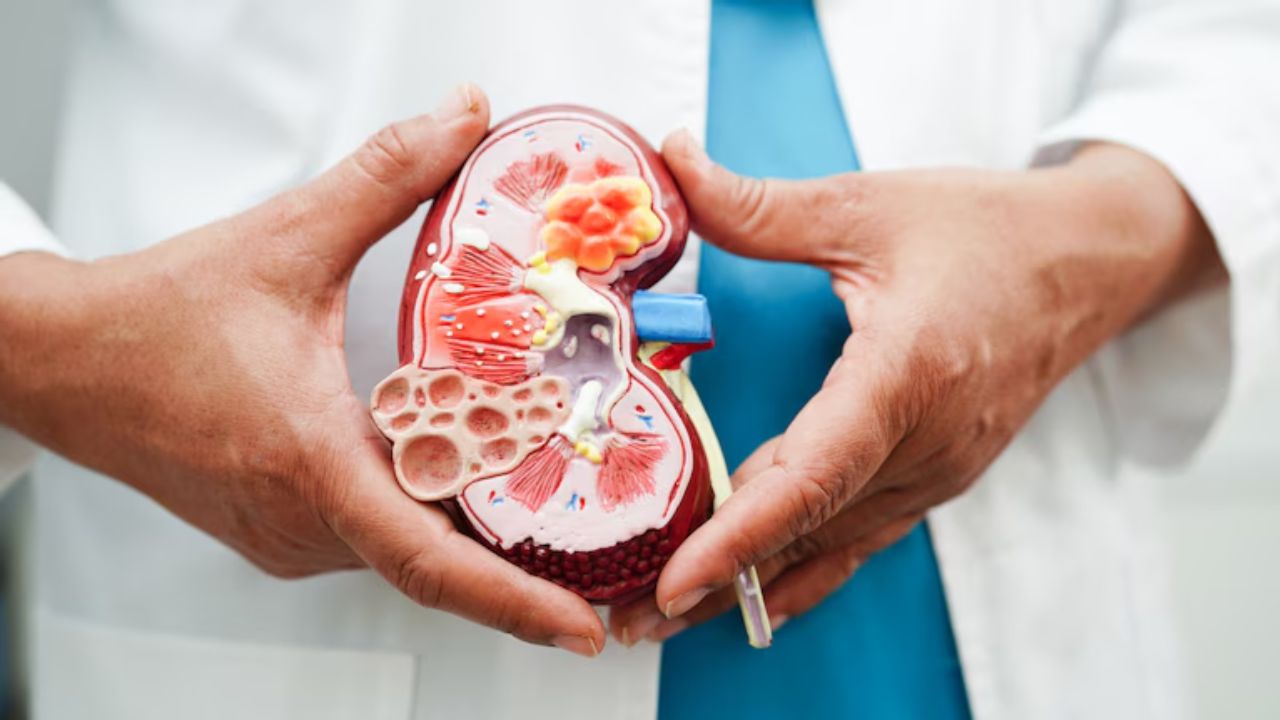 English
English

Kidney stone formation is generally considered more likely in the summer because excessive sweating and dehydration can lead to stone formation, but the risk can also increase in the winter. Winter brings many lifestyle and physiological changes that contribute to kidney stone formation. Here, we provide information on these factors.

Representational Image
New Delhi: Kidney stones are a very common but serious health problem. Medically known as renal calculi, they can cause significant discomfort if not treated promptly. Kidney stones form when minerals and salts combine to form crystals. This can cause severe pain, blood in the urine, infections, and vomiting.
Kidney stone formation is generally considered more likely in the summer because excessive sweating and dehydration can lead to stone formation, but the risk can also increase in the winter. Winter brings many lifestyle and physiological changes that contribute to kidney stone formation. Here, we provide information on these factors.
Dehydration is the most common cause
Dehydration often increases in winter because people feel less thirsty in the cold and drink less water. This leaves the body's hydration needs unmet. This also thickens urine and increases the risk of kidney stone formation.
Kidney stone risk is generally considered higher in the summer because excessive sweating and dehydration can lead to stone formation, but this risk can also increase in winter. Winter brings with it several lifestyle and physiological changes that contribute to kidney stone formation. Here, we're providing information about these factors.
Dehydration is the most common cause
Dehydration often increases in winter because people feel less thirsty in the cold and drink less water. This leaves the body's hydration needs unmet. This also thickens urine and increases the risk of kidney stone formation.
Since drinking less water causes concentrated urine, minerals and salts in concentrated urine easily clump together, forming crystals that eventually form stones.
Decreased Physical Activity
In addition, during the winter season, people often engage in less physical activity due to laziness, reducing exercise and walking, and sitting in one place for long periods of time. This impacts calcium levels in the body, leading to calcium accumulation in the kidneys.
Eating Too Many Fatty Foods
During the winter season, people often overeat, which is detrimental to both your body and kidneys. To keep your kidneys healthy, you should eat a healthy and balanced diet daily. Avoid foods high in fat, oil, sugar, and carbohydrates.
Ways to Avoid Kidney Stones
You've likely heard that prevention is better than cure. Here are some tips to reduce your risk of kidney stones.